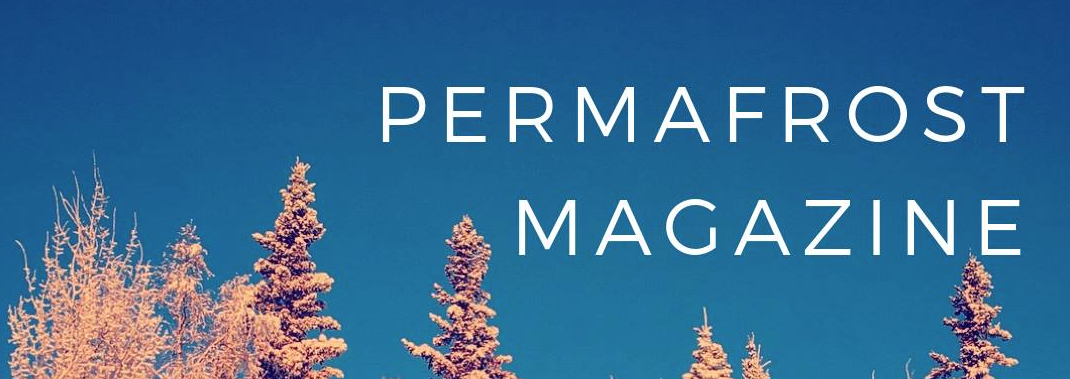To conclude my Black History Month themed posts, I interviewed poet Sunni Patterson. Patterson was instrumental in giving voice to New Orleans through her poetry after Hurricane Katrina. The performance of her poem “We Made It” on HBO’s Def Poetry Jam has over six hundred thousand views on YouTube. In many ways Patterson has become the face of New Orleans spoken word.
How has New Orleans shaped your poetry?
When you’re born and raised in New Orleans, you can’t help but have poetry in your bones. Even if you don’t know what it is, or what to call it, it’s there. From the way a story is told, the sayings, the anecdotes—all of it shapes my artistry. I know the music, air, culture, thickness of the city contributes to the sound of my poems.
Take us back to your appearance on Def Poetry Jam in 2007, what was that moment like for you?
I was asked to do it years before that performance. For some reason, I didn’t want to do it. Fast forward to after Hurricane Katrina. I’d just finished speaking at the University of Houston when I got the call from producers. I agreed immediately! I knew my voice and point of view about Hurricane Katrina and its impact on the city and residents needed to be heard.
I had no clothes after Katrina. A box of clothing from a church in Houston was sent to me. Most of the things I didn’t keep. I kept a crop top. I already had some denim material I wanted to use. I was leaving the next day, I called Mama Rukiya, she sewed something quickly with mudcloth and made detachable sleeves. Chile, I was sewing myself into the dress until it was time to go on stage! The needle and thread were still in the seams. It was a great experience.
Who are some of your poetry influences?
Ayi Kwei Armah, Lucille Clifton, Jayne Cortez, Neville Goddard, Zora Neale Hurston, Acklyn Lynch, Brenda Marie Osbey, Arturo Pfister, Rumi, Kalamu ya Salaam, Mona Lisa Saloy, and Sonia Sanchez.
What message do you have for the future writers of New Orleans?
My hope for the next generation of writers is to have hope. To hold the light. To honor the ancestors, elders, culture, children, and spirit of the city, but most importantly, to do the ugly, yet necessary, work of the heart. Those are the things that’ll keep them and us alive.
Sunni Patterson. (Credit: Gus Bennett, Jr. / 2016 New Orleans People Project) Kelly Harris is the literary outreach coordinator for Poets & Writers in New Orleans. Contact her at NOLA@pw.org or on Twitter, @NOLApworg.






